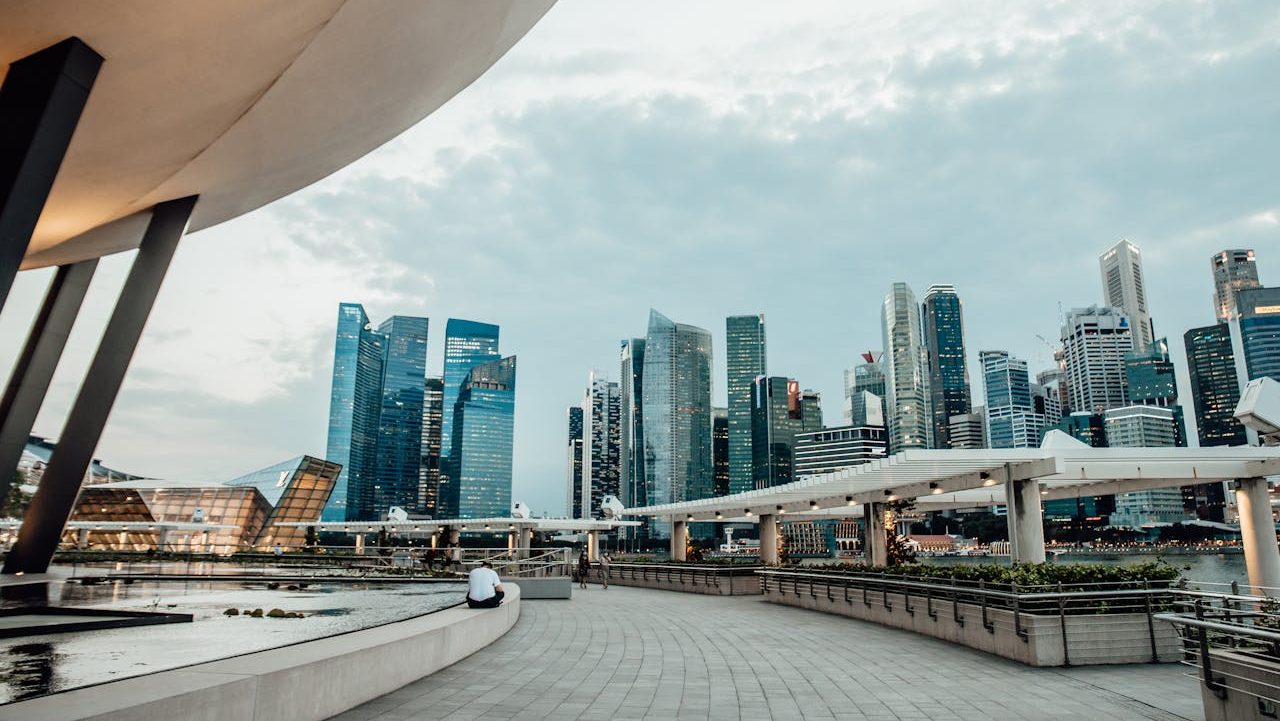SINGAPORE: A subtle shift is taking place in Singapore’s active business district.
According to a recent report by Knight Frank published by EdgeProp, prime-grade office rents in the iconic Raffles Place and Marina Bay areas have inched up by 0.6% quarter-on-quarter (q-o-q) in the third quarter of 2024, reaching an average of $11.35 per square foot (psf) per month.
This modest growth, while indicative of a resilient market, is a deceleration from the 0.7% q-o-q expansion seen in the previous quarter.
Slowdown due to absence of expansion
The cumulative rental growth for the first nine months of 2024 stands at 2%, a figure that lags behind the 3.4% growth recorded during the same period last year.
This slowdown is primarily attributed to the absence of expansions from major tenants, particularly in the tech sector, which is currently reining in its expansion plans due to economic uncertainties and a sector-wide slowdown.
Tech giants like Meta (formerly Facebook) are leading this trend, choosing not to renew its lease for seven floors at South Beach Tower and instead consolidating its operations at Marina One.
This move symbolises a broader trend where occupiers either downsize or relocate to smaller, higher-quality spaces in response to flexible work arrangements.
Despite these downsizings, the occupancy levels in the Central Business District (CBD) remain robust. As of September, the occupancy rate for prime offices in Raffles Place and Marina Bay stood at 93.4%, a marginal decrease from the 95% recorded in the second quarter.
The overall CBD occupancy rate was 93.5% in the third quarter, a slight dip from the previous quarter’s 93.6%.
A shift in demand?
Smaller tenants are filling the vacated spaces left by large occupiers like Meta, signalling a shift in demand toward smaller office spaces.
This trend is further fueled by an influx of international firms, particularly those in investment and wealth management, drawn to Singapore’s stable economy and strategic location.
Additionally, the rise of single-family offices in Singapore, which increased from 1,400 at the end of 2023 to 1,650 as of August 2024, contributes to the demand for smaller office spaces.
Looking ahead, Knight Frank’s Managing Director Calvin Yeo anticipates that the office market dynamics will remain essentially unchanged for the rest of the year.
He predicts that while there may be some downsizing due to flexible working arrangements, overall prime office rents are expected to remain relatively flat, with an anticipated growth of about 3% for the entire year.
Upcoming office supply, including Labrador Tower and Paya Lebar Green, is expected to provide additional space to meet the evolving needs of businesses.
Moreover, Yeo is optimistic that interest rate cuts will stimulate growth in service sectors such as finance and insurance, supporting Singapore’s projected economic expansion of 2% and 3% in 2024.
The role single-family offices play in the demand for office space in Singapore
Based on a report featured by City Wire Asia, in August 2024, the number of single-family offices in Singapore reached 1,650, reflecting a substantial increase from the previous year.
This growth, according to Property Giant, is attributed to the city-state’s stable economy, robust regulatory framework, and favourable tax conditions, which make it an attractive location for wealthy families to set up their SFOs.
The expansion of SFOs in Singapore contributes to the demand for office space, particularly in the smaller segment. These entities typically require office spaces of less than 5,000 square feet, which is a significant portion of the overall office leasing market.
This demand is from new SFOs and existing ones that are expanding or relocating to better-quality spaces to enhance their operational efficiency and workplace experience.
Moreover, the influx of SFOs is part of a broader trend of international firms, including those in the investment and wealth management sectors, choosing Singapore as a strategic location to set up their operations.
This trend is further supported by the city-state’s position as a gateway city, offering stability, infrastructure, and a conducive environment for business operations.
Demand for more flexible spaces remains robust
As Singapore’s office market continues to navigate the changing landscape, the city-state’s strategic location and stable economy remain key attractions for international firms, ensuring that the demand for prime office spaces remains robust, albeit with a shift towards smaller, more flexible spaces.

